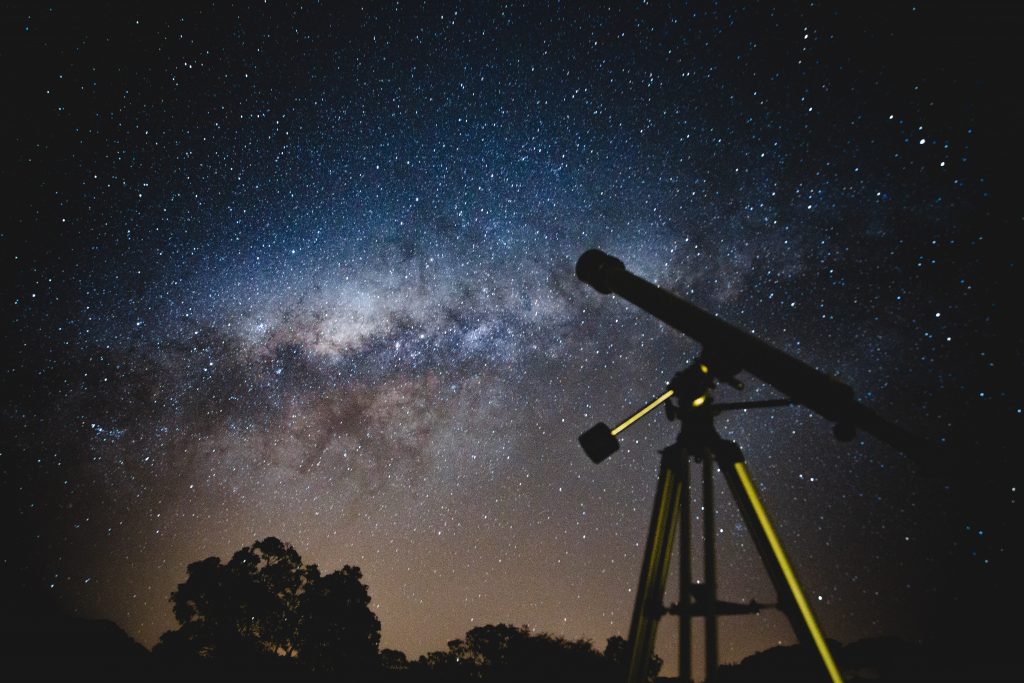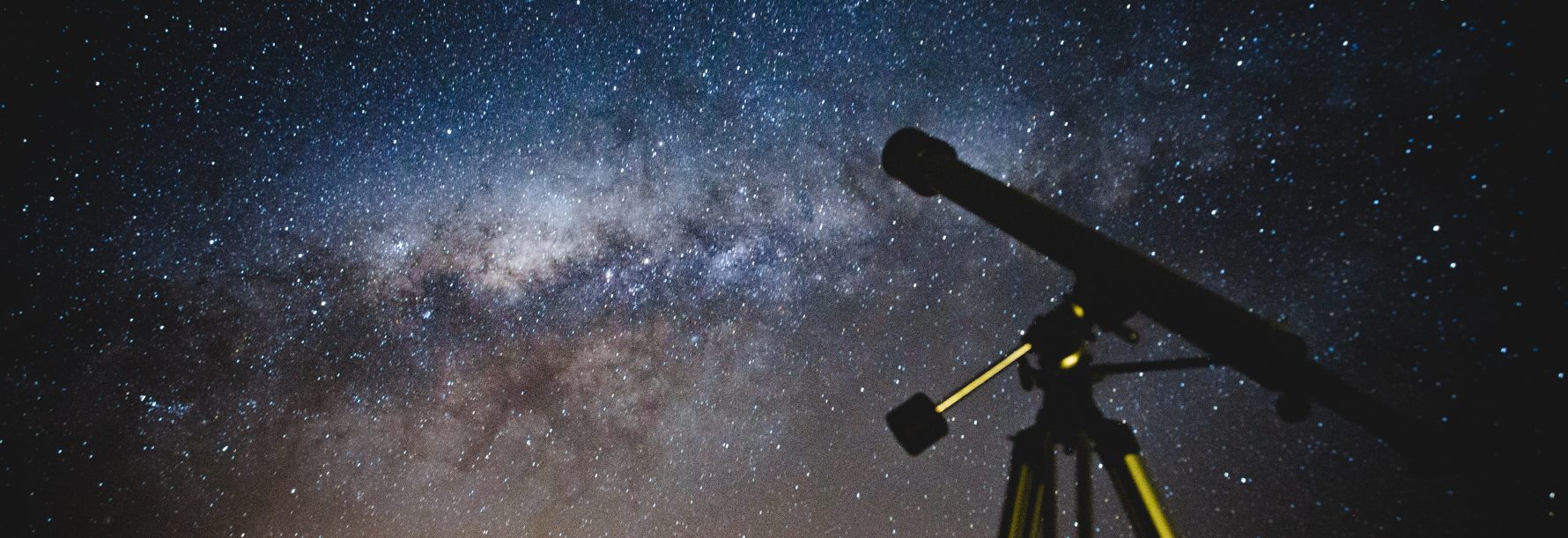There is no exact definition of “life”. But researchers agree that it includes at least self-replication, metabolism and compartmentalisation.
‘Self-replication’ is the ability to copy oneself, including information stored in the system. Cells can split. Animals and plants produce offspring. Information can be stored and copied at the level of a molecular network. Think for example of DNA in our cells.
‘Metabolism’ is the ability to use energy and building blocks from the environment to maintain processes such as growth and replication. Animals eat and breathe to enable their bodies to move and stay warm.
‘Compartmentalization’ is the ability to separate oneself from the environment. Organisms are better protected when they separate. But despite their separation, they can continue to exchange signals, matter and energy with the environment.

These lifelike functions probably already existed before life, as chemical processes. But under what circumstances did they take place? These functions on their own, do not yet make life. In a living system these functions must be integrated into each other and then we call them biological processes. What were the circumstances under which that could happen? And when can we say that we have switched from the original chemical processes to biological processes, hence life?



